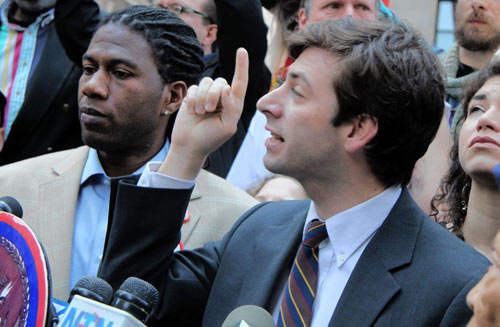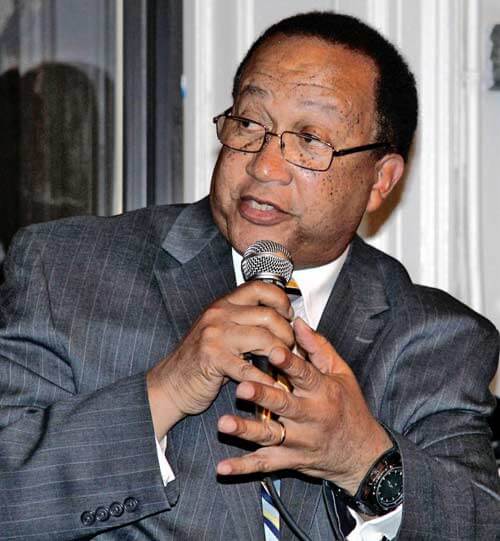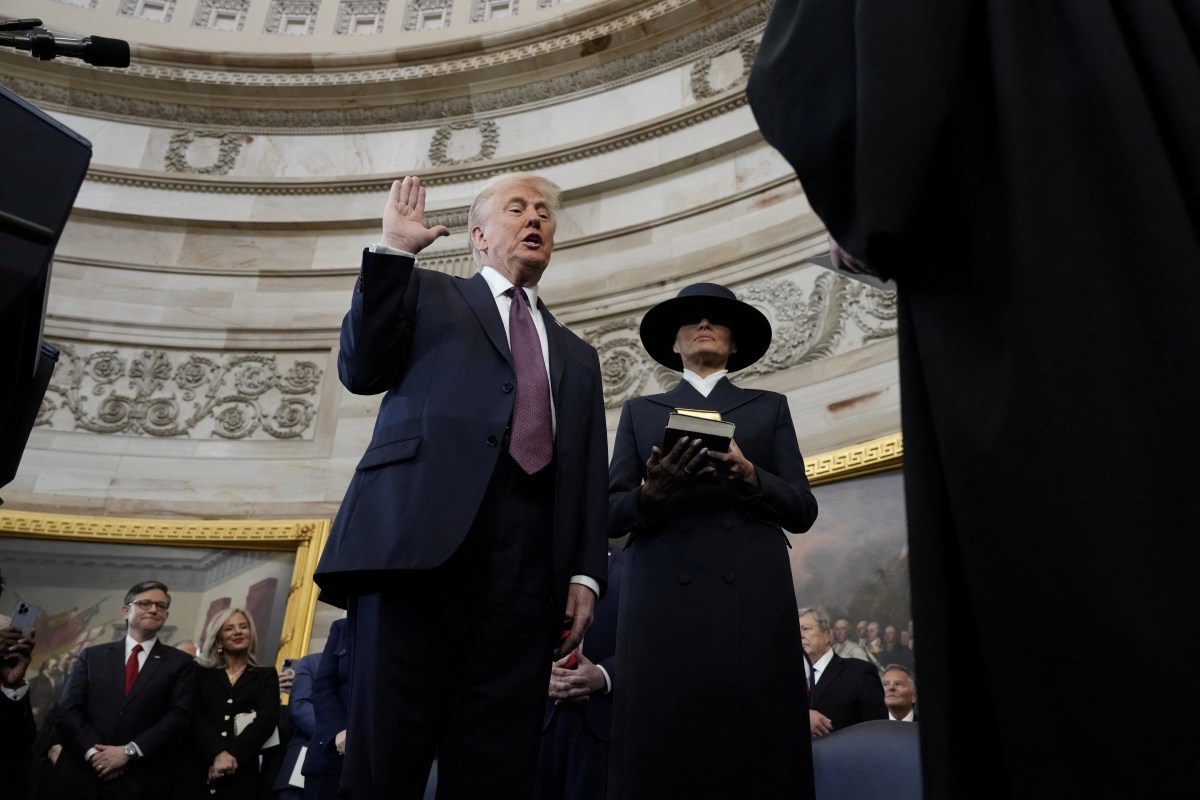Main Street small businesses like mine are part of the 99 percent who have suffered in the Great Recession. There are few business owners in my acquaintance — I should say no business owners in my acquaintance, from convenience store owners to construction businesses to dentists, who have not felt the effects of the financial meltdown.
We have struggled to retain our employees in the face of declining revenues while our fuel costs and health insurance costs have risen precipitously. We have found our lines of commercial credit curtailed. Many of us have dipped into our home equity to keep our businesses afloat in the face of reduced commercial lending. Many of us have had to lay people off — one of the worst things a small business owner has to do.
As we discount our prices in an effort to keep business coming in, our bank fees increase, our rents rise, and (if we’re lucky) our mortgages stay fixed even as our equity shrinks. It is no wonder that we feel solidarity with Occupy Wall Street.
Those at the top of the financial chain who share direct responsibility for this recession have not been held accountable. They have not suffered the losses they have visited on millions of small businesses across America. While Main Street struggles to cover costs, make payroll and stay in business, Wall Street continues to bank record profits. The salaries at the top haven’t declined; the bonuses appear to keep rolling in. Those at the top of the heap appear untouchable.
It is little wonder then that public resentment grows over income disparity. It grows over the mantra leaders in the financial industry repeat ad nauseam in their efforts to dodge the blame they so deserve. “It wasn’t the banks’ fault,” they protest. “You don’t understand.” And then, in attempts to shift the blame, “What about the borrowers who took out those mortgages they couldn’t afford? What about Fannie and Freddie? Why is everyone blaming us? We’re doing God’s Work!”
Attention Bankers: We’re blaming you because you are indeed responsible for turning our economy into a casino, for gambling with our futures and for continuing to stand in the way of real solutions — and because you haven’t been called to account.
The fact is, small business will not fully recover until housing recovers — and Wall Street and the banks are standing squarely in the way of that recovery. Housing affects every aspect of our economy, from the unemployment rate to construction and real estate to consumer confidence.
But the housing market can’t recover until we force the banks to face reality and write down mortgages to market value. They’re not going to do it on their own, they’ve proved that already. They’re sitting on vast numbers of foreclosed homes, destroying entire communities rather than taking a write-off. There has been little improvement or basic accountability in the foreclosure process.
Politicians, meanwhile, can’t seem to find the political will to force the issue and fix the housing market. Could that have anything to do with the huge piles of campaign cash and independent expenditures Wall Street pours into our elections?
Until small business owners see some accountability at the top, until we see that our pain is shared by those who created it — the bankers and the CEOs — we will stand in solidarity with Occupy Wall Street.
Schackner owns Foley-Waite Associates, a custom woodworking business in Bloomfield, N.J., and is a leader in the Main Street Alliance small business network. She has been a small-business owner for 34 years.

























